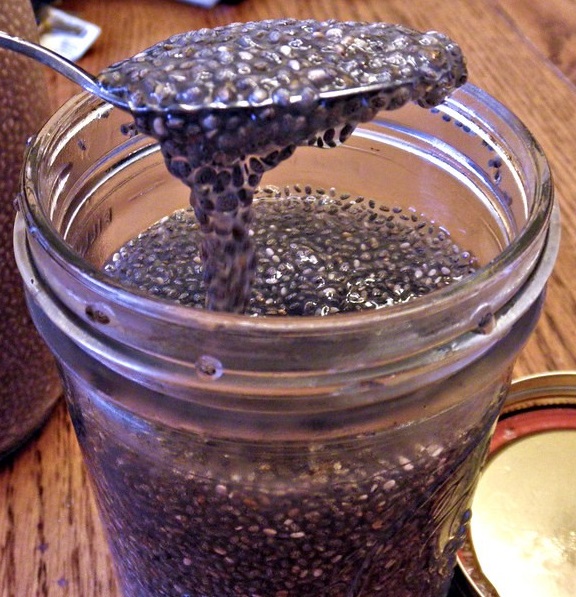
Hello there, health enthusiasts! 💦 Are you looking for a refreshing and effective way to support your weight loss journey? Look no further than garlic water! 🌿🧄 In this post, we’re going to dive into the world of garlic-infused water and explore how it can help you stay hydrated, detoxify your body, and potentially aid in shedding those stubborn pounds. Get ready to quench your thirst and boost your weight loss efforts with this simple and natural elixir! 💧💪
1. Garlic Water: The Basics Garlic water is made by infusing water with fresh garlic cloves. This simple concoction allows the water to absorb some of the beneficial compounds found in garlic, such as allicin and other sulfur compounds. While the flavor may not be for everyone, the potential health benefits make it worth a try!
2. Hydration and Weight Loss Staying hydrated is crucial for overall health and weight management. Drinking an adequate amount of water helps maintain proper bodily functions, supports metabolism, and aids in digestion. By infusing water with garlic, you can add a touch of flavor and potentially enhance its weight loss benefits. Sipping on garlic water throughout the day can help you meet your hydration goals while providing an extra boost for your weight loss efforts. 💦🌱
3. Detoxification Benefits Detoxification is an essential process that helps eliminate toxins from the body. Garlic is renowned for its natural detoxifying properties. It contains sulfur compounds that support the liver in breaking down toxins and promoting their elimination. By incorporating garlic water into your routine, you can enhance your body’s natural detoxification processes, allowing for improved overall well-being and potential weight loss. 🌿🧪
4. Appetite Suppression Managing appetite is key to successful weight loss. The good news is that garlic water may help curb those hunger pangs. Garlic contains compounds that can influence appetite-regulating hormones and reduce cravings. By sipping on garlic water throughout the day, you may experience a sense of satiety, helping you control your calorie intake and resist unnecessary snacking. Drink up, and let garlic water be your ally in conquering those cravings! 🌟🍽️
5. Metabolism Boosting A well-functioning metabolism is essential for effective weight loss. Garlic has been associated with potential metabolism-boosting properties, thanks to its active compounds. These compounds may help increase thermogenesis, leading to enhanced fat burning and calorie expenditure. By incorporating garlic water into your daily routine, you can give your metabolism a natural and flavorful kickstart! 🔥💧
6. Preparing Garlic Water Making garlic water is quick and easy. Start by crushing a few garlic cloves to release the beneficial compounds. Then, add the crushed garlic to a glass or pitcher of water. Let the mixture infuse for at least 30 minutes to allow the water to absorb the garlic’s flavors and properties. For a milder flavor, you can remove the garlic cloves after infusing or strain the water before drinking. Adjust the intensity of the garlic flavor to suit your preference. Cheers to a refreshing and health-supporting drink! 🧄🥤
7. Tips and Considerations When incorporating garlic water into your routine, it’s essential to keep a few things in mind. Start with a small amount of garlic and gradually increase the intensity if desired. Be mindful of any potential digestive discomfort, as garlic can be strong for some individuals. If you have any underlying health conditions or are taking medication, it’s always a good idea to consult with a healthcare professional before making significant changes to your diet.
Conclusion: Hydrate, Detoxify, and Shed Those Pounds! Garlic water offers a refreshing and potentially beneficial addition to your weight loss journey. By staying hydrated, supporting detoxification, curbing appetite, and potentially boosting your metabolism, garlic water can be a valuable tool in your weight loss arsenal. So, grab your water pitcher, infuse it with the power of garlic, and raise a glass to a healthier and slimmer you! Cheers! 🌿🌊💪













